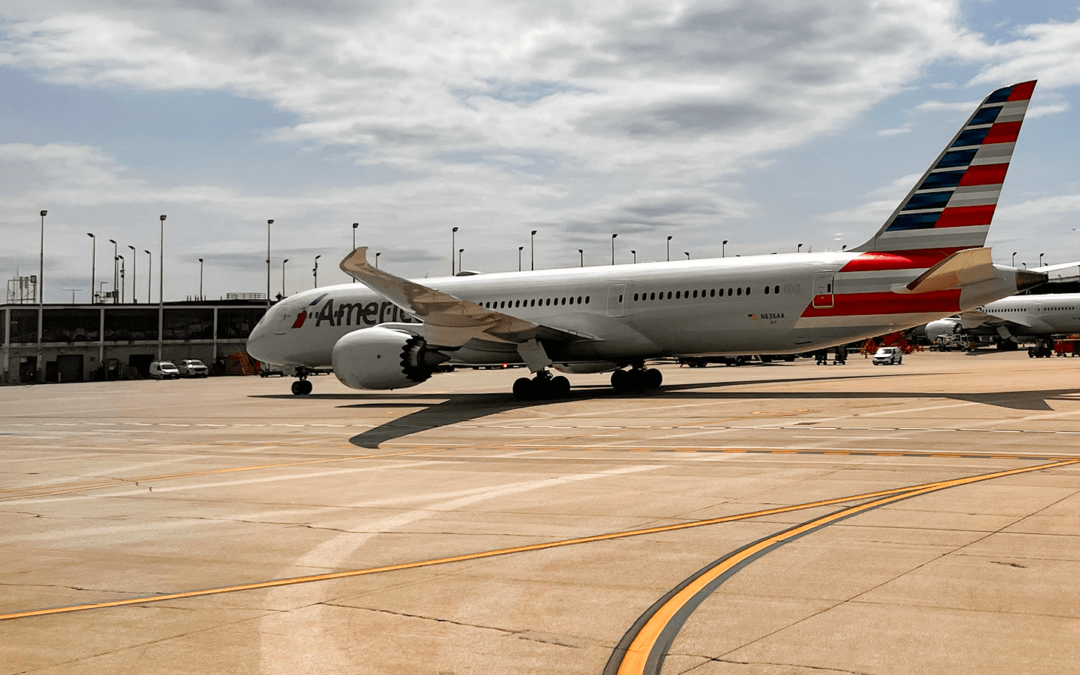
by Eric Price | Sep 15, 2023 | Front Page, MNPL, Other News, Perusals, Recent News, Row 2
Millionaire Real Estate CEO thinks that workers need to be put in their place, using tactical unemployment. Millionaire CEO Calls Workers “Arrogant,” Calls for Higher Unemployment to Teach Them a Lesson IAM141.org September 15, 2023 Tim Gurner, the...

by Eric Price | Sep 13, 2023 | Front Page, MNPL, Other News, Perusals, Recent News, Row 2, Safety
Airline Worker Injuries on Rise IAM141.org September 13, 2023 As heatwaves plague the country, few places are hotter than Phoenix. Workers and city officials gathered at Phoenix Sky Harbor on Wednesday to share heat-related health and safety concerns. Sky Harbor...

by Eric Price | Aug 30, 2023 | Community Service, Community Service Page, EAP, Featured News, Front Page, Other News, Perusals, Recent News, Row 2, Safety, Uncategorized
Hurricane Idalia Emergency Resources Union Resources Contact your Assistant General Chair or Local Grievance Committee for help accessing the IAM Disaster Relief Fund. Disaster Relief Information Employee Assistance Program IAM141 Community Service Airports are likely...

by Eric Price | Aug 29, 2023 | Front Page, Organizing, Other News, Perusals, Recent News, Recent News, Row 2
The Wage Debate: Why Better Wages Are Good News for Everyone—Even Workers IAM141.org August 29, 2023 We live in a society with the dubious honor of boasting a powerful and activist Managerial Class. This class would love little more than to convince a critical mass of...

by Eric Price | Aug 29, 2023 | Front Page, MNPL, Other News, Perusals, Recent News, Row 2
U.S. Department of Transportation Slams American Airlines With Record Fines for Tarmac Delays IAM141.org August 29, 2023 WASHINGTON – Today, the U.S. Department of Transportation charged American Airlines a $4.1 million fine for breaking the law by repeatedly...

by Eric Price | Aug 27, 2023 | Front Page, MNPL, Other News, Recent News, Row 2
American Dream Fading as 75% of U.S. Homes Out of Reach for Middle Class IAM141.org August 27, 2023 The Unaffordable Neighborhood: 75% of Homes Out of Reach for Middle-Income Buyers A recent report from the National Association of Realtors and Realtor.com paints a...







